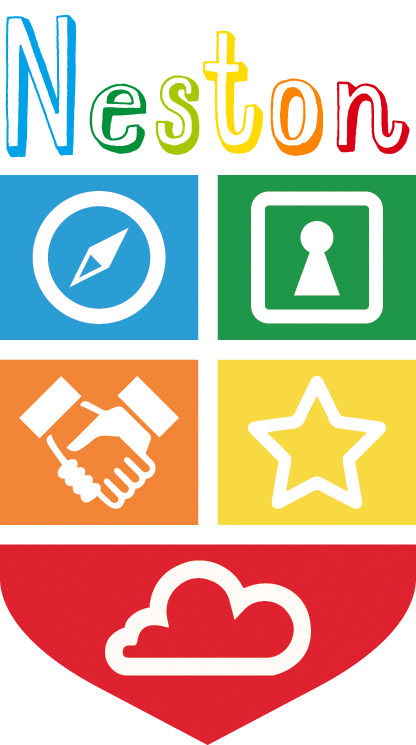Special Educational Needs (SEN) Information Parents
SENDCo: Miss C Turner admin@neston.wilts.sch.uk
Please click on the relevant link for accompanying Appendices:-
For information regarding the Local Offer, please visit the Wiltshire Council website here

